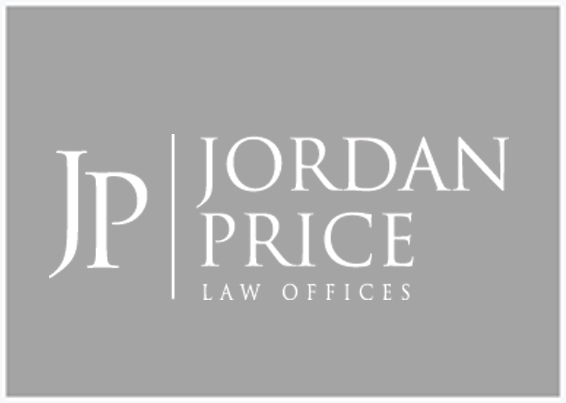Picture this: you own a quiet stretch of land, peaceful and full of potential. But you don’t live there, and it lies just far enough away that visiting isn’t always feasible or frequent. One day, you drive through and notice a small metal shed has sprung up on your property line. You assume it’s temporary or incidental and ignore it. Over time, the neighbor occasionally mows that corner of the land where the shed sits, maybe even parks their tools there. Twenty years later, you decide you’d like to reclaim that sliver of land or sell it to someone new, but the neighbor claims they now own it.
As uncomfortable as it may be, that scenario isn’t just a hypothetical. It describes a real type of property dispute known in the legal field as adverse possession, or sometimes more commonly referred to as “squatter’s rights.” In such cases, the “squatter” is the one occupying another’s property without legal right, yet under certain circumstances, they may eventually gain ownership. These disputes can take many different forms, most often emerging from boundary disputes such as someone building a fence just a few feet over, or a driveway creeping across a border.
To successfully assert an adverse possession in North Carolina, a claimant (or squatter) must prove five clear elements establishing that their use of the land in question is:
- Actual — The squatter and/or its property must be physically present on the land and use it as an owner would.
- Open & Notorious — The squatter shall not be using the land in secret, but rather in a visible manner.
- Exclusive — The squatter shall not be sharing use of the land with the owner.
- Hostile — The squatter shall not have the consent from the owner to use the land.
- Continuous — The use must be uninterrupted for the statutory period (that being 20 years, or a shorter 7 years under color of title, in North Carolina).
When a property owner discovers unauthorized occupancy on their land, there are important steps they should take to protect their ownership rights. Because time is a crucial factor in adverse possession claims, acting promptly is essential. Consulting an attorney early on can be the most effective way to safeguard the property and prevent the risk of losing it through adverse possession.
If you are dealing with a suspected squatter, or alternatively, believe you may have a valid adverse possession claim and wish to seek quiet title, don’t wait. Reach out to one of our lawyers who can discuss your legal rights with you.
